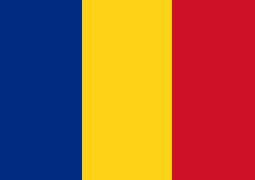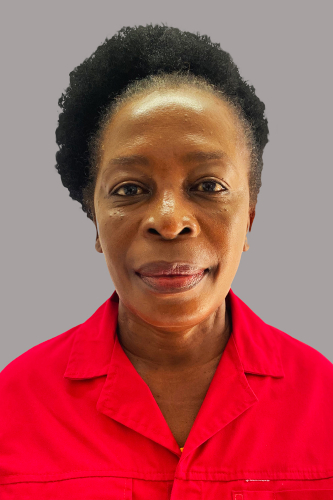
The National Council of Provinces (NCOP) delegation met its Romanian counterparts today at Parliament to forge a new Parliamentary Friendship Group and diplomatic initiative aimed at fostering collaborations between South Africa and Romania in agriculture, business and higher education.
This bilateral falls within the ambit of the Parliamentary Group on International Relations, a body co-chaired by the NCOP and the National Assembly (NA) consisting of 13 members, nine from the NA and four from the NCOP.
The NCOP delegation was led by the NCOP’s House Chairperson on International Relations and Inter-Governmental Relations and Co-Chairperson of Parliamentary Group on International Relations, Ms Masefako Dikgale. She started off these diplomatic talks by giving a context of the NCOP’s inter-governmental relationship with other spheres of government.
Explaining the nature of that inter-governmental relations, she said the leader of government business is the official link between the executive and Parliament and this is a position assigned to the Deputy President of the Republic of South Africa.
This is to ensure that, among other things, members of the executive avail themselves for question time, debates, passing of Bills and other programmes, at Parliament.
The head of the Romanian Delegation, Senator Fejer Laszlo-Odon, stated that these talks heralded a new beginning that will foster the already existing economic ties between Romania and South Africa. He commended the business relations that exist between the two countries. And he was of the view that this parliamentary diplomatic initiative would help to strengthen it further. “We are pleased with the level of trade exchange that exists between the two countries. And we salute South African businesses that invested in our country. Our interest is to see this grow.”
He identified agriculture, the health sector and higher education as areas that can form the basis of the new parliamentary friendship between the two countries. Ms Dikgale, who represents Limpopo at the NCOP, seized the moment and elected to explain to the Romania Delegation that she comes from Limpopo province, an agriculture-intensive area that could mutually benefit the two countries from the agricultural relations they seek to enter into. “I request you to visit Limpopo province and see how we can harness our agricultural relations and create a serious friendship that could strengthen our economic relations.”
The Chairperson of the Select Committee on Trade and International Relations, Mr Edwin Makue, said bilateralism and multilateralism are at the heart of our country’s new developmental agenda. “Today, we are one of the countries that have a huge footprint in this regard, this is informed by our painful history of isolation and persecution that can be equated to the plight of the Jews in Germany.”
As such, we view parliamentary friendship groups with great interest and we do so trying to ascertain what multilateral or bilateral interests we can accrue from these relations, he said. “Trade and investment are one of our priority interests.”
We are glad that the areas of possible co-operation that our counterparts alluded to are agriculture, the health sector and higher education, he said. “As a country we could benefit a lot from the health bilateral with Romania to ease the burden that our health sector is faced with, and ensure that we improve the well-being of our people.”
On the higher education front, Mr Makue said they would utilise such ties to harness the technological advancement of the Fourth Industrial Revolution and to off-set any possible disruptions it may bring to bear on our people, he said. “We are well aware that the Fourth Industrial Revolution will be disruptive. It will change the way we relate to each other and the world of work. But we need to find ways to ensure that it does not affect our people negatively.”
He said one of the areas that could be explored further between the two countries would be tourism. “As our people travel between the two countries they will learn about each country and that may yield good positive spin-offs for tourism.”
Mr Makue explained that his committee is referred to as a select committee because it conducts oversight over a selection of a cluster of government departments. “What our committee and others that fall within the same cluster seek to achieve is a realisation of an inclusive economic development.”
In her concluding remarks, Ms Dikgale emphasised that the NCOP delegation would seek approval from the Chairperson of the NCOP to visit Romania in due course for a courtesy visit to explore further how the ties in the identified areas of co-operation and relations can be cemented.
By Abel Mputing
7 June 2018

